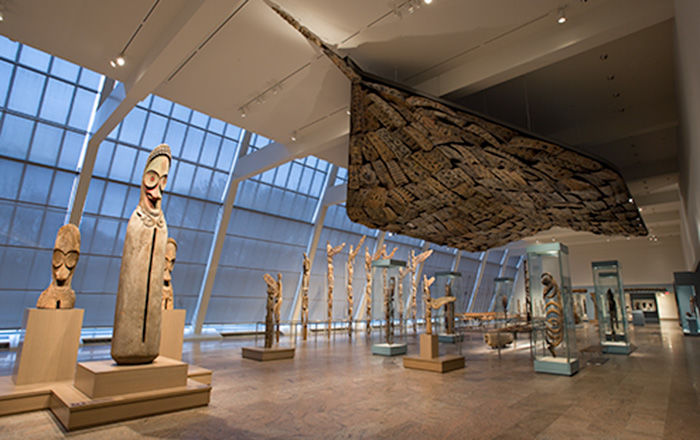Returned to lender The Met accepts temporary loans of art both for short-term exhibitions and for long-term display in its galleries.
Ahmad Baba ibn Ahmad ibn Umar ibn Muhammad. Aqit al-Tumbukti. Miraj al-Suud ila nayl Majlub al-Sudan (Ahmad Baba Answers a Moroccan’s Questions about Slavery)
Not on view
This seventeenth-century legal treatise by the influential Timbuktu scholar Ahmad Baba establishes Islamic standards for enslavement. In it, he argues that the fundamental nature of humanity is that individuals should be free; only "unbelief," not skin color, justified enslavement. The Mamma Haidara Memorial Library is reputed to have been established in the sixteenth century. The founder’s great-grandson, after whom the library is named, was a qadi, or judge, and scholar of Islamic sciences and Arabic grammar who added a substantial number of manuscripts to the collection, including those he acquired in Chad, Sudan, and Egypt.
Due to rights restrictions, this image cannot be enlarged, viewed at full screen, or downloaded.

